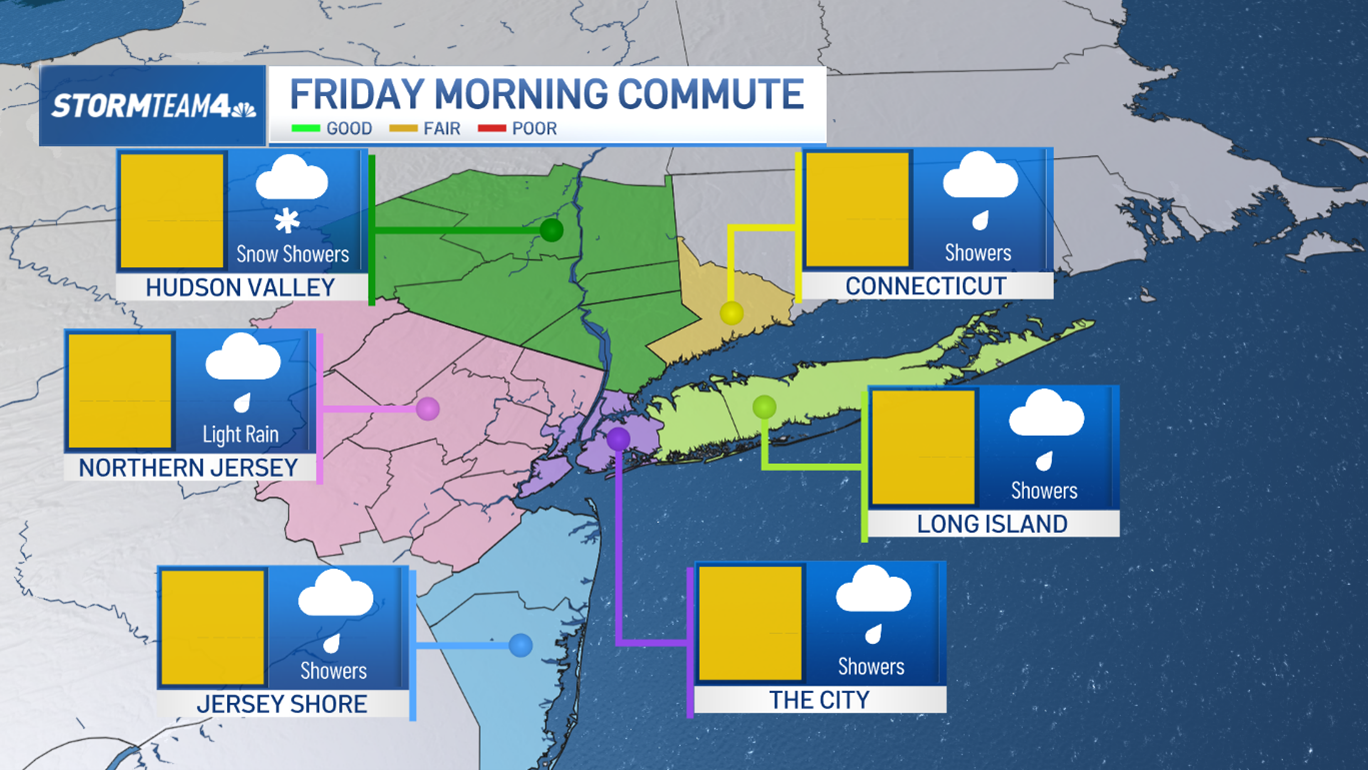Heather Lombardi paid nearly $300 to fly Snickers, an 11-week-old, 3-pound hairless kitten, from Utah to Connecticut in climate-controlled air cargo.
By the time kitten and owner united, Snickers was icy cold and couldn't move her head or paws, Lombardi said. The kitten died a short time later.
"I feel so guilty. We sat there for nearly an hour. If I'd known, I would have thrown a fit," said Lombardi, who was flying Snickers home from a breeder. "We just sat there. We had no idea she was dying."
The Department of Transportation tracks animal deaths in transit, but no one keeps tabs on how many die of cold or heat in cargo holds or elsewhere, said veterinarian Louise Murray, vice president of the American Society for the Prevention of Cruelty to Animals' Bergh Memorial Animal Hospital in New York City.
Heat deaths are more common, Murray said, but because winter weather has been extreme this year, Murray is sure death rates have climbed.
Lombardi's $289.94 cargo ticket on Delta Air Lines included $70 to make sure Snickers was taken off the plane quickly. But Lombardi said it took 50 minutes to get the cat off the plane.
Delta Flight 738 to Hartford arrived at 8:40 p.m. Saturday, when the National Weather Service said it was 10 degrees.
Local
Delta spokeswoman Susan C. Elliott said she couldn't talk about specifics because the cat's death was under investigation.
"Regardless of the cause, we understand the impact the loss of an animal can have on a pet owner. We are turning our attention now to offering our condolences and discussing how we can provide some kind of restitution to support her (Lombardi) during this time," Elliott said.
Lombardi and her two daughters wrapped Snickers in a coat and ran for the car, where they turned on the heater and headed for the vet. On the trip, the cat let out what Lombardi described as a "bloodcurdling cry" and went limp.
Veterinarian Caroline Flower said Snickers was dead on arrival at the Connecticut Veterinary Clinic in West Hartford, a 24-hour emergency center where she was on duty Saturday night.
The cat was cold and bleeding from the mouth and nose, Flower said, all symptoms of extreme hypothermia. Without a necropsy, she can't be 100 percent certain the cat froze to death, but it looked that way, said the vet.
More than 2 million pets and other live animals are transported by air every year in the United States, according to the Department of Transportation.
Between November of 2009 and October of 2010, 33 animals died, 11 were injured and five were lost while being transported, according to the DOT. Of those, Delta reported 12 deaths, four injuries and one loss. American Airlines reported eight animal deaths, while Continental Airlines and United Airlines each reported four and Alaska Airlines three. Hawaiian Airlines and American Eagle had one each.
"We carry hundreds of thousands of animals a year," Elliott said. "Among the different animals we carry, we have zoological institutions that entrust us with some rare species and we transport all sorts of unique animals. It is unusual to have this happen."
The U.S. Department of Agriculture, which oversees animals that are transported by air cargo, will also investigate Snickers' death, said spokesman Dave Sacks.
"We ensure the humane treatment and transport of animals. Our sole focus is to ensure airline personnel humanely cared for those animals while they had them," Sacks said. "We look into each and every death and hold the airlines accountable."
Penalties for violations of the Animal Welfare Act range from a letter of warning to revocation of an airline's license to transport animals, but Sacks said he didn't know of any airline operating with a revoked animal transport license.
Follow us on Twitter @NBCNewYork,and on Facebook/NBCNewYork, and sign up for breaking news SMS alerts on your phone by texting “NYBREAKING” to 639710.



